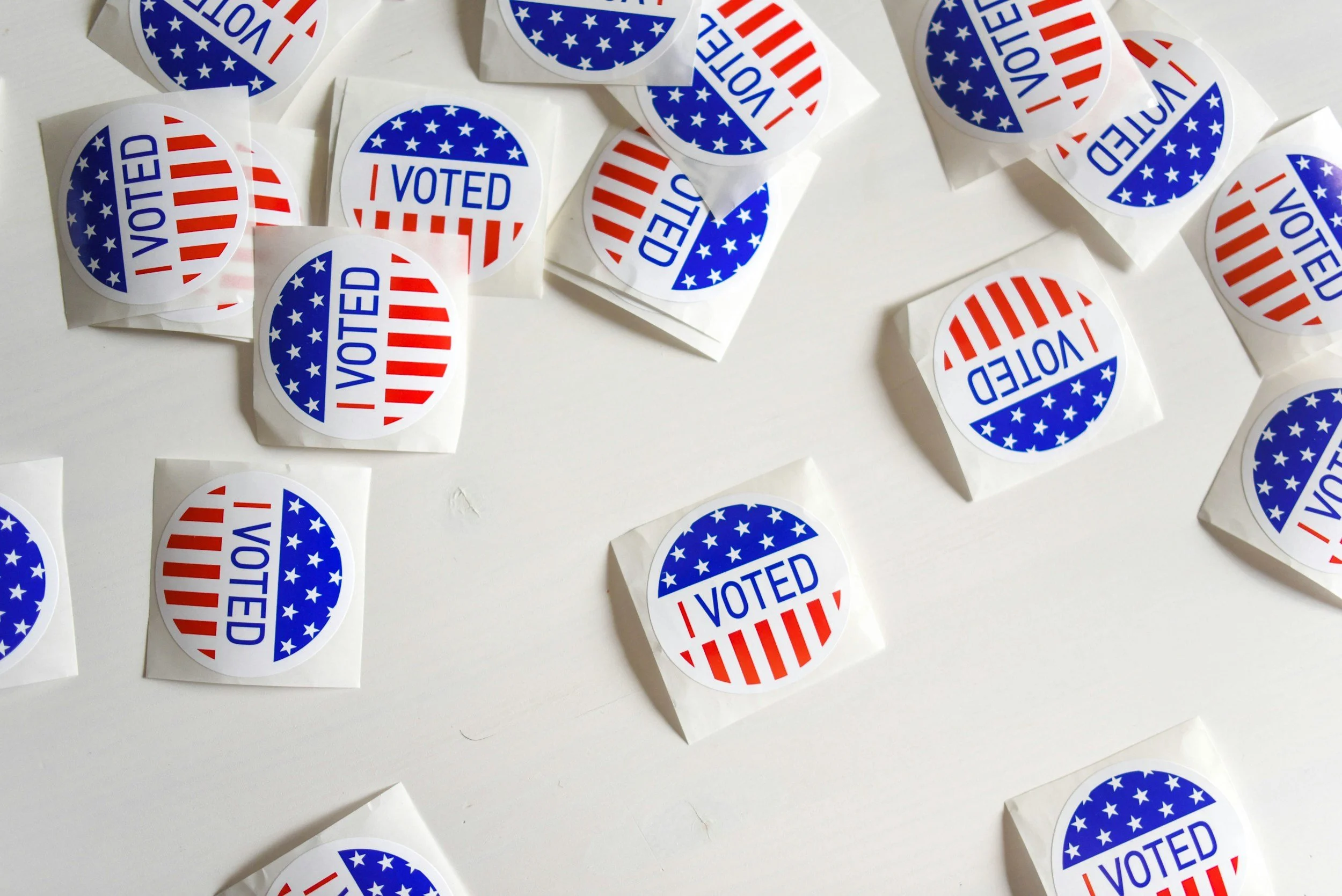This excerpt is from an article that originally appeared in NDTV.com on October 9, 2024.
India is less directly affected than many of these countries, not being an adversary, a treaty ally, or a country dependent on military or financial assistance from the United States. To be sure, India is the United States' ninth-largest trade partner and enjoys about a $30 billion trade surplus, but its economy is, at present, less dependent on manufacturing exports than some other large emerging markets, such as Mexico or Vietnam. While the direct implications for India might be less than for others, the 2024 US presidential election will undoubtedly have indirect effects on India.
Should Trump be elected, India will have to confront some difficult negotiations over trade and immigration. Trump and his economic advisors have been clear that they will impose tariffs on countries they believe are engaging in unfair trade practices, especially China. But India, which enjoys a trade surplus, will also be subjected to some, resulting in retaliatory measures by New Delhi. Questions remain about the degree to which a second Trump administration can refashion trade policy without negative repercussions for the US economy - particularly for inflation. Moreover, Trump's advisors have pledged to stem immigration, especially by undocumented individuals, which may affect Indians too. Trump is also likely to impose restrictions on employment and student visas and cut funding for processing, contributing further to backlogs and delays. This will have implications for a variety of Indian businesses in the United States.
For both Trump and Harris, whose views on foreign policy are still inchoate beyond a broad continuation of incumbent Joe Biden's approach, a primary determinant of their outlook will be their policy towards China. While Trump's national security, foreign policy, and trade advisors are overwhelmingly hawkish on China - suggesting a confrontational and competitive approach - some of his donors and financial associates have advocated for a more cooperative attitude and a cooling of US tensions with Beijing.
Meanwhile, Harris has to contend both with hardening national security and trade impulses, as also with a progressive agenda among some Democrats that seeks to disassociate the United States from international competition and conflict. Progressives - as well as veterans of the Obama administration who hope to return to influence under Harris - are also more likely to prioritise human rights over a balance of power in foreign policy.
Dhruva Jaishankar is Executive Director at ORF America.

